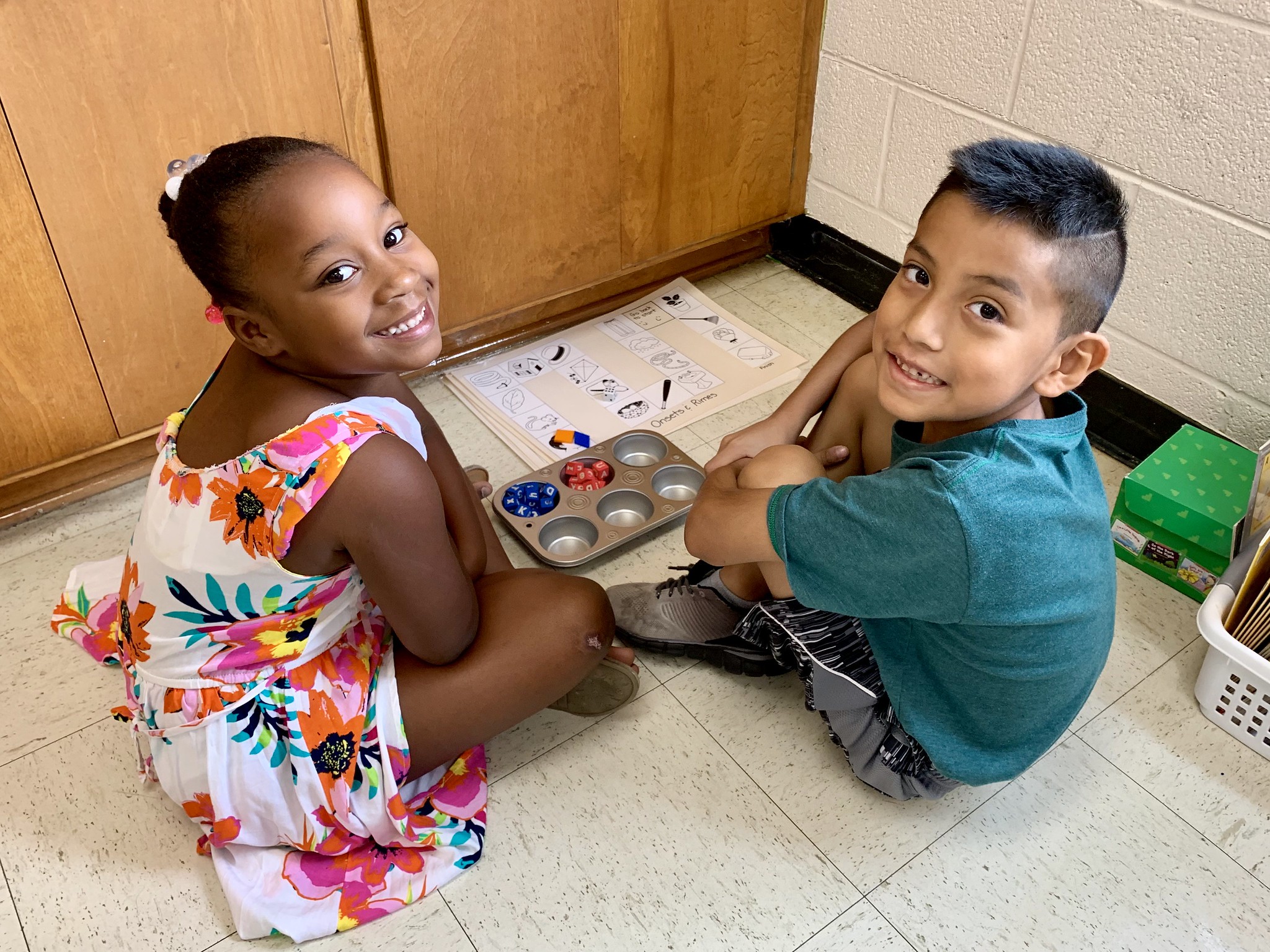CASE STUDY
A Multi-Year Evidence Building Partnership: The Duke Endowment Summer Literacy Initiative
Download PDF
The Duke Endowment’s Summer Literacy Initiative is a multi-year collaboration among a supporting funder, North Carolina churches, local schools and districts, evaluators and other stakeholders to design an evidence-informed summer reading program for rising first through third grade students in rural communities. With the goal of providing access to high-quality summer reading support for students at risk of reading loss, The Duke Endowment’s Rural Church program area funds rural United Methodist churches across the state to hold summer reading camps consisting of literacy instruction, enrichment, family engagement activities and wraparound services. Today, 16 church-based sites serve about 250 students annually, most of whom are from low-income families and about half of whom are Black, Latinx or Native American. (Current enrollment is limited by small class sizes in the context of the Covid-19 pandemic.) As a funder, the Endowment has made a long-term commitment to supporting this initiative by building a learning agenda, making evidence-based decisions around funding, engaging stakeholders in program improvements and incorporating evaluation as a key component in sustaining and scaling the program.
The summer reading program originated in 2012. In 2016, with two sites in operation, the Endowment engaged the author of this case study to provide the program’s first external research support, focused on codifying the model and developing measures for student reading outcomes. As the initiative has evolved, so have the partners’ learning goals, taking on more sophisticated questions related to implementation and outcomes that were relevant to reading teachers and church leaders as well as to the Endowment and other stakeholders. By 2019, 12 churches across North Carolina were funded to implement summer reading programs. This rapid growth prompted the addition of a new research partner, Project Evident, which helped to build an evidence roadmap that included the recommendation to engage another evaluation firm that could support a large-scale impact study. In 2020, American Institutes for Research (AIR) was engaged to play that role, with the author continuing her involvement as a technical assistance provider.
This case study explores a multi-year collaboration in which a funder also acted as a program designer, working with site-level program providers, a flexible slate of research partners and numerous other stakeholders to live out its commitment to building evidence in a systematic and intentional manner, while elevating the voices of practitioners and recognizing them as valued partners with expertise about their students and communities.